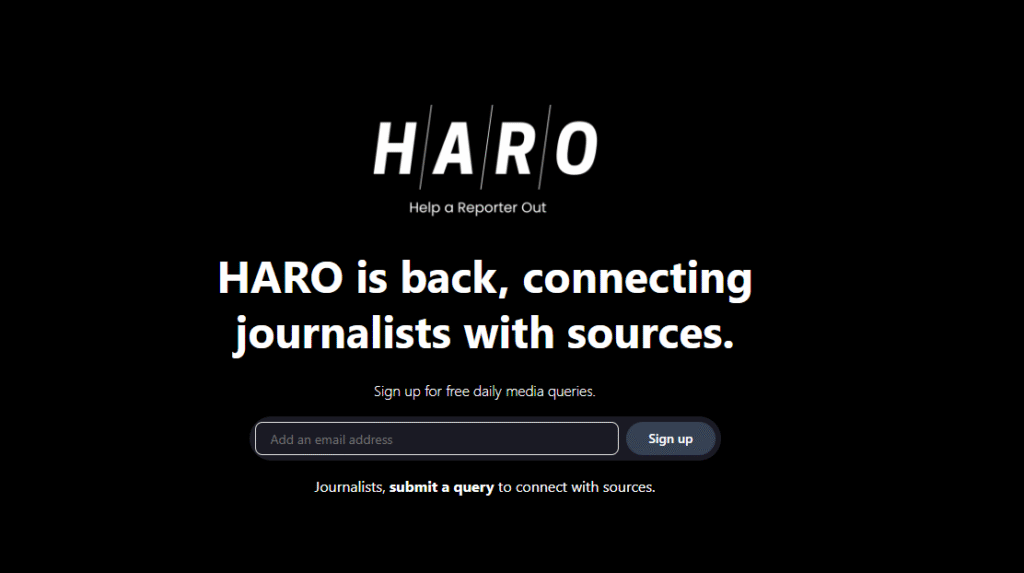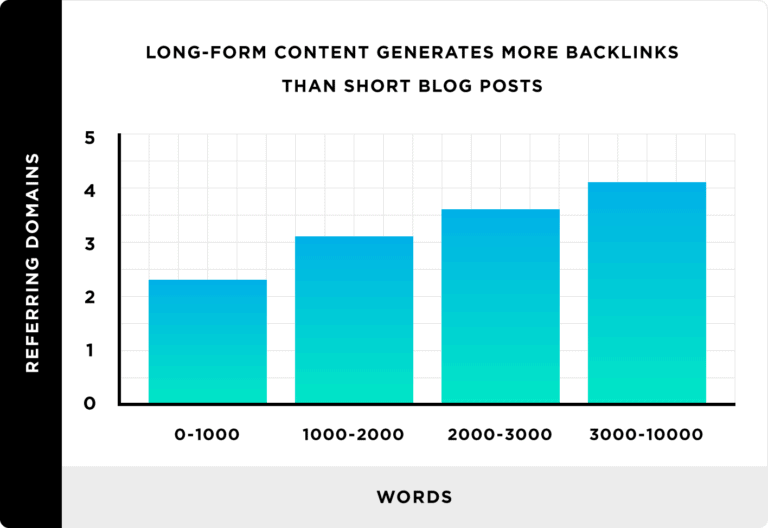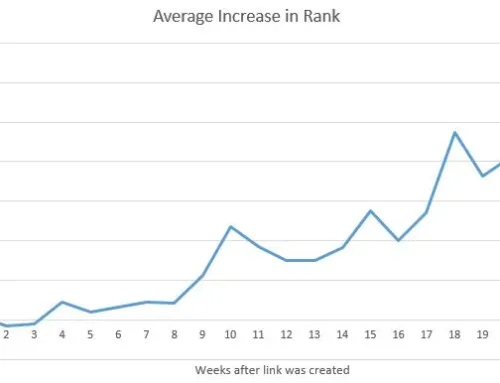
When I first started doing SEO, I thought that any backlink was a good one. I was wrong.
Today, the context of the link determines its value. A link from a random website might not help you much. However, a link from a website related to your niche can be extremely helpful. For success, you need a good SEO backlinking strategy.
Google’s algorithms want to know that other experts in your field think of your work. A relevant link is a significant sign of trust and a key indicator of your site’s E-E-A-T. To optimize your site’s performance, it’s critical to understand what relevant backlinks are and how they impact SEO.
What is a relevant backlink?
The simplest backlinks definition in SEO is a link from a website in a similar niche. For example, a car blog that links to a car service. However, for a comprehensive analysis, a more detailed approach is necessary. A basic understanding begins with four levels, but a more advanced strategy should consider a broader range of factors.
Topical relevance

The linking domain should have a theme that aligns with your website. A link from a blog about digital photography to a camera store shows that the two are relevant to each other, and is a basic quality check.
Contextual relevance

It’s important to know the exact page and even the paragraph where the link is located. A link to your “High-Intensity Interval Training” guide from an article on a big health website about “Foods That Fuel Athletic Performance” is very strong.
Semantic relevance

Search engines today recognize the relationships between different topics. Even if the niches aren’t the same, a link between two semantically related topics, like nutrition and exercise, is a strong positive signal.
Geographic relevance
Geographic relevance is very important for businesses in the area. A link from a local news site or a blog about a specific city is a strong sign of local authority. A Boston Globe article about home maintenance that links to a Boston-based plumber is a great example of a high-value local backlink.
Temporal relevance
Google cares about how new something is. A link from a new article about a change in the industry is more important than one from a post from 2018 that is no longer relevant. A link from new content shows that your page is part of the current conversation.
Anchor text relevance

The text that you can click on in a link should be natural and give you an idea of what it is. SEOs are no longer using exact-match anchor text that is too optimized. The best practices currently are to use a mix of variations, branded terms, and natural language that enhances the user experience.
Link placement
Search engines consider the location of a link on a page as a sign of its quality. A link in the main body of an article, especially in the first few paragraphs, is much more valuable than one in a footer or sidebar.
Link freshness and naturalness
A natural link profile grows organically over time. Google’s algorithms adeptly spot manipulative patterns, so a steady acquisition of backlinks for SEO from diverse sources is crucial for long-term success.
How I get relevant backlinks
The best way to get links is to create things people want to link to. Statistics show that 94% of all online content doesn’t have any links to other sites, so your content needs to stand out. A good SEO backlinking strategy is based on getting media:
- HARO (Help a Reporter Out): Use this free service to get in touch with reporters who are looking for experts.

Check your daily emails for questions in your field and give a high-value quote to get links from big publications.
- Expert roundups and post-guesting: Participate in expert roundups and be a guest on podcasts. These opportunities provide links that are relevant to the situation and help you establish yourself as a thought leader.
- Broken link building: Find broken links on sites that are similar to yours, then email the owner of the site and suggest that they use your working link instead.
- Edit websites in your niche: Look for articles and ask the writer to link to your content. This will help their readers.
- Guest posts on blogs about your field: Look for the best blogs in your field and offer to write a useful article for them.
- Talk to your coworkers: To grow your professional network, get to know other experts, influencers, and business owners in your field.
Advanced link acquisition tactics
My basic methods are still effective, but here are some more techniques that I have added to my inventory:
- Creating linkable content: This strategy focuses on creating content that serves as a main source, such as original research, data analysis, or free tools.

SEO experts claim that long content (more than 3,000 words) receives significantly more backlinks.
- Unlinked brand monitoring: People often discuss brands, products, or famous personalities online without linking to them. Use tools to monitor such mentions and ask them to add links.
- Strategic partnerships: To build long-term partnerships, stop just getting transactional links. Co-hosting webinars or collaborating on research creates authentic, high-value backlinks for SEO.
💡 Pro-tip from the experts: Andy Crestodina, co-founder of Orbit Media, says that the key is to make content that naturally attracts links by being the “primary source” for new research or strong opinions. People will link to something you publish that is truly one of a kind.
How I keep track of my ROI
To measure something effectively, you need to keep an eye on leading indicators (such as the quality of the campaign) and lagging indicators (like the impact on the business). When you monitor the right KPIs, the connection between backlinks and SEO becomes clear.
Core KPIs:
- New referring domains: It’s better to have many links from different domains than many links from one domain.
- Authority of linking domains (DR): Track the average domain rating (or similar authority metric) of new links to ensure that there is an upward trend over time.
- Organic traffic growth: Check Google Analytics for organic traffic on the pages you are trying to link to. This will help you see if your efforts are working.
- Keyword ranking improvements: Track the SERP positions of target keywords to measure the direct impact of SEO. Using backlinks for SEO should directly correlate with improved rankings.
Advanced brand-level metrics:
- Branded search volume: The more people search for your brand name directly, the more they know about it.
- Share of voice: Measure your brand’s visibility in search results for key topics compared to your competitors.
- Direct traffic: When more people type your URL directly into their browser, it usually means that your brand is gaining popularity thanks to high-quality backlinks.
The bottom line
Getting a lot of relevant backlinks is the first step in a good SEO strategy. These links make Google trust you more and bring in traffic that turns into sales. You need to be creative, patient, and focused on quality to get them.
Instead of trying to get as many links as you can, work on making connections and writing useful content. If you think this way, your plan will be more about building real trust and authority. This is the best way to get backlinks for SEO.
Frequently asked questions
What is the difference between topical authority and domain authority?
Domain authority (also called Domain Rating) is a score that shows how strong a site is overall. Topical authority tells you how knowledgeable a site is about a certain topic. You want a site that has a lot of topical authority in your niche, even if its overall domain authority isn’t very high.
How long does it take to see results from link building?
You might see a small rise in your rankings in a few months, but it usually takes 6 to 12 months of regular link building to see big changes.
How does Buylinkco help with getting relevant backlinks?
We focus 100% on manual promotion to obtain links from websites that have real thematic authority. Our strategy focuses on building genuine relationships to provide you with relevant backlinks that improve your SEO.



